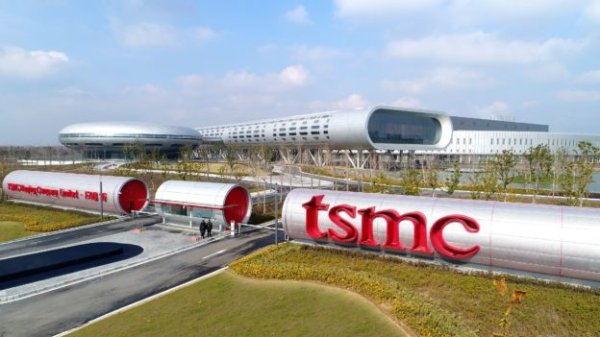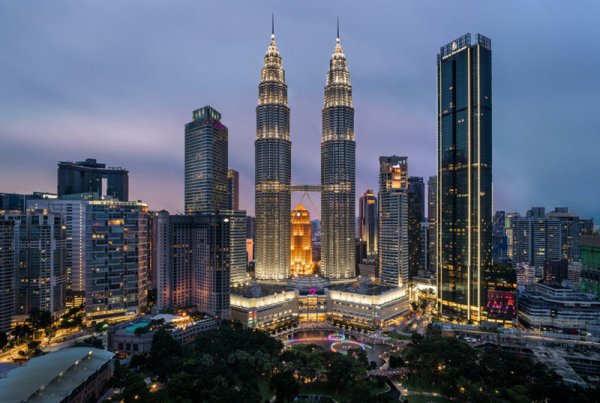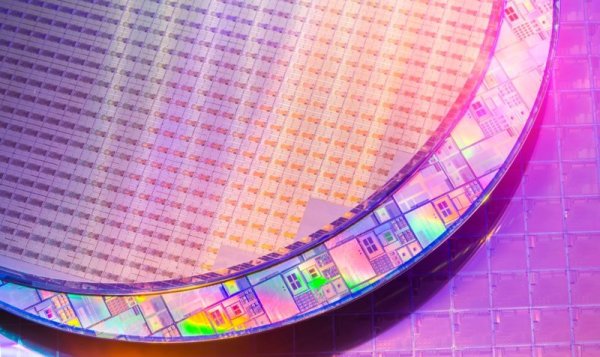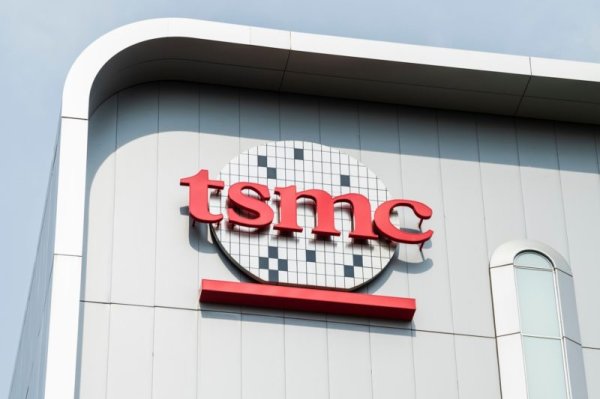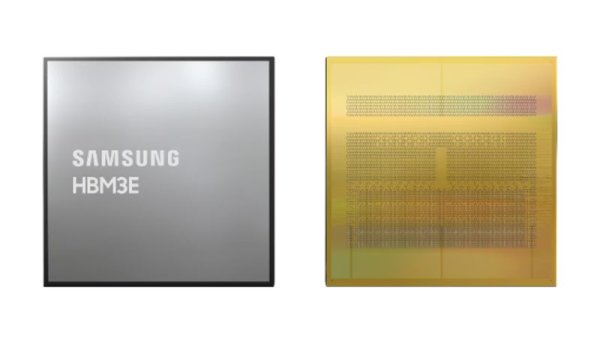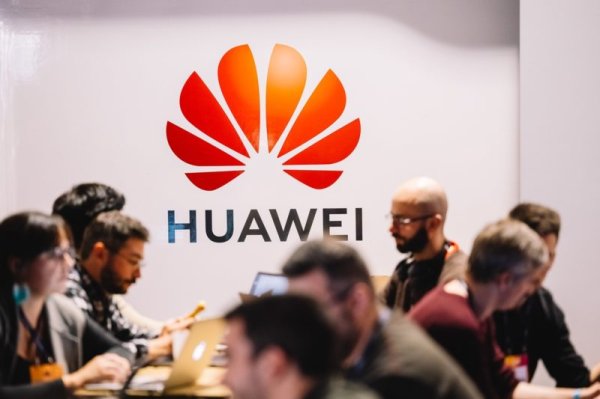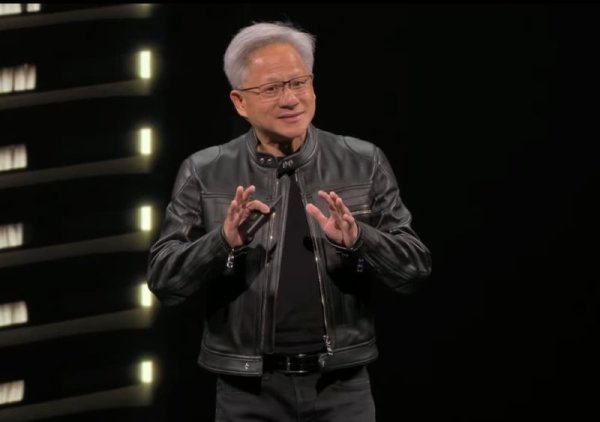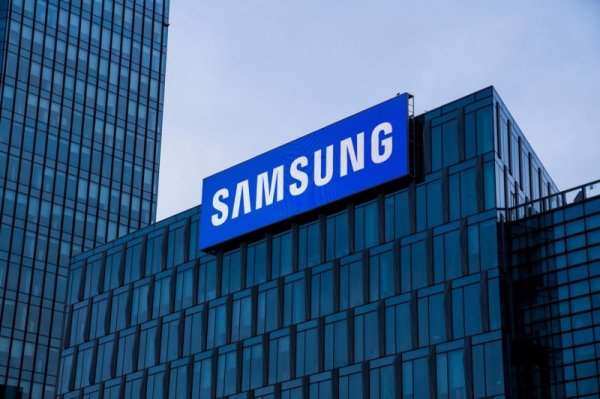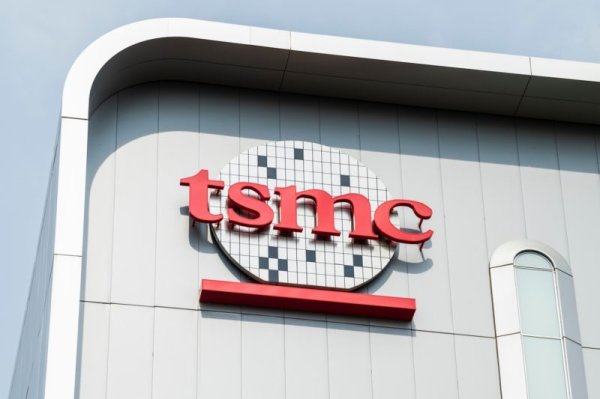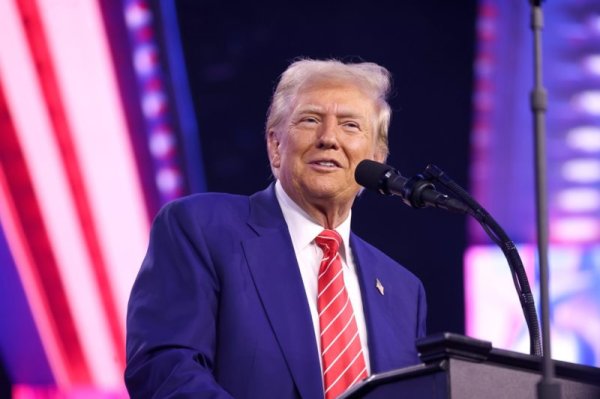Taiwan s Samsung and SK Hynix backstops were also exempted by Trump s withdrawal of the Chinese Nanjing factory
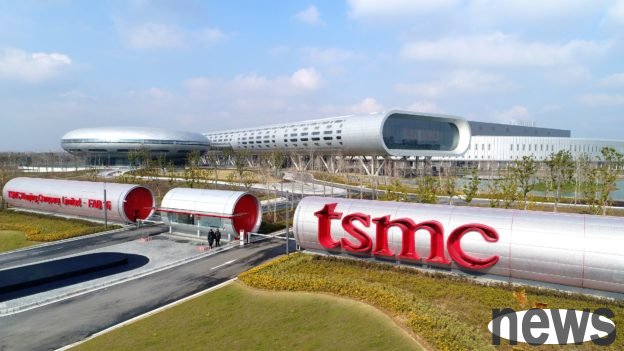
According to Bloomberg, the US Department of Commerce recently announced the withdrawal of partial exemptions from Korean memory manufacturers including Samsung and SK Hynix, making it impossible for China's production sites to obtain more advanced manufacturing equipment, affecting production line updates and expansions, US officials have notified NTU to terminate the same "final user verification" (VEU) identity of China's Nanjing factory, cancel the exemption, and will also not be able to obtain more advanced manufacturing equipment.
This policy change is part of the Trump administration's broader strategy to limit China's access to American materials and equipment that can be used to make advanced chips, thereby curbing the country's practical development in the field of artificial intelligence (AI). These export controls not only affect sales to Chinese companies, but also expand to any semiconductor facilities operated in China, including the crystalline plants of Samsung, SK Hynix and Telco. At present, Taiwan Electric has confirmed that it has received a notice from the US government that its Nanjing factory's authorization will end on December 31, 2025.
When US President Biden was on the verge of being a US president, Taiwan Electric, Samsung and SK Hynix, the three semiconductor giants, were granted indefinite exemptions and were able to continue to purchase equipment and materials containing US technology at the China production site, provided they will comply with safety requirements and disclose certain information to the US government. Since semiconductor crystalline wafer manufacturers must regularly import materials or update equipment to maintain normal operation. However, this exemption has now been withdrawn, indicating that global semiconductor supply connections will experience unpredictable changes in the future.
The U.S. government exempts chipmakers from continuing development. However, when the exemption expires at the end of 2025, suppliers will no longer have the right to export controlled goods to these chip manufacturers’ production sites in China, but will instead need to actively and sequentially seek US permission. This type of regulated goods has a wide range of scope, covering equipment and materials that are indispensable in the production process from advanced processes. Sources revealed that as the current license application is severely stressed, U.S. officials are working to find solutions to reduce bureaucratic burdens. Therefore, the exemptions from Samsung and SK Hynix have been formally removed and the same action was also specified for the Intel-linked Intel-lists purchased by SK Hynix, which is expected to increase the processing volume of approximately 1,000 license applications to the U.S. government each year.
Taiwan Telephone has received a notice from the US government that the Nanjing Factory’s exemption authorization will be effective on December 31, 2025. The situation is being evaluated and appropriate measures are taken, including communicating with the US government, and committed to ensuring the normal operation of Taiwan Electric's Nanjing factory and not affected.
Compared with Samsung and SK Hynix, which has a relatively large proportion of memory production capacity in China, TEK's manufacturing capacity in China is relatively small. Its Nanjing factory was invested in 2018, and its total contribution to Taiwan Electric Power in 2025 accounted for only a small part. The factory has a maximum technical level of only 16 nanometers. This technology has been a more mature generation in the semiconductor field, and has been used for more than ten years for the first time.
The US government's handling of Taiwan Electricity is slightly different from other companies. Because the claims for Samsung and SK Hynix were published in the federal newspapers, but the permissions for TEU have never been announced in the federal newspapers. This means that it is impossible to formally withdraw the sale by amending the public laws like other affected companies. However, despite the slight differences in administrative procedures, the final impact on NTEC, Samsung and SK Hynix is the same, that is, after the withdrawal exemption takes effect, all suppliers who supply goods to their domestic production sites will have to actively apply for a US export license for their regulated goods.
This highlights the huge impact and control of the Trump administration on the global electronic component supply chain. These electronic components provide computing power for all modern equipment, from daily microwave furnaces, mobile phones, to data centers required for training cutting-edge artificial intelligence algorithms. Even if the relevant semiconductor wafer factory is operated by three non-US companies in one China, the United States can still exert such a profound impact. This not only threatens the Chinese operation of these chip manufacturers, but also adds more uncertainty to the future direction of global semiconductor industry chains.


